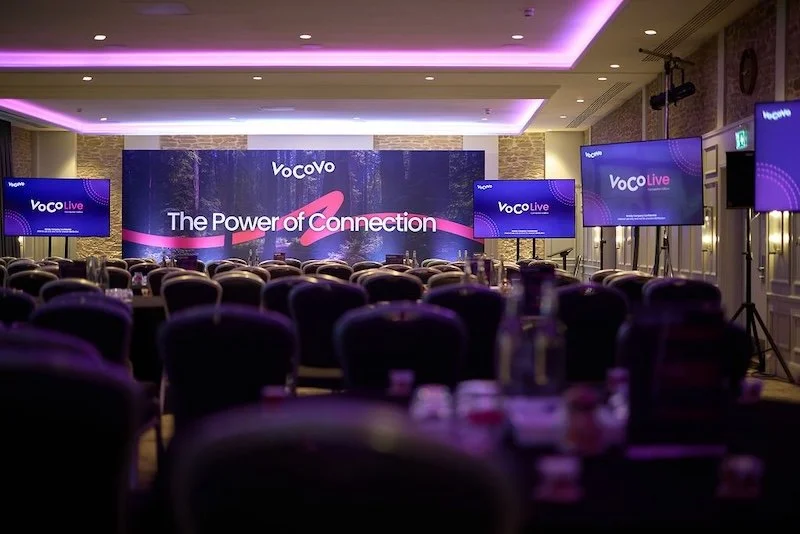SEO vs. paid ads: which one is best for your business?
Deciding between SEO and paid advertising is one of the most crucial choices business owners face today. Both strategies offer unique benefits and limitations, impacting visibility, cost-effectiveness, and customer reach.
As businesses work to establish their online presence, understanding these two approaches becomes increasingly essential. This article explores the fundamental differences, advantages, and disadvantages of SEO and paid ads, helping entrepreneurs make informed decisions that align with their goals. Delve deeper into each method to determine which suits your business best.
Understanding SEO and Its Benefits
Search Engine Optimization (SEO) focuses on organically increasing a website's visibility on search engines. This process involves optimising website content, improving site architecture, and building high quality backlinks. If you're serious about your online marketing strategy, considering partnering with a trusted SEO agency in Maryland can enhance your chances of success.
One primary advantage of SEO is its long-term impact; once you achieve a good ranking, it can remain stable with minimal ongoing effort, often bringing consistent traffic. Moreover, SEO tends to yield a higher return on investment over time than paid ads, as organic search results earn 94% of clicks. Businesses also benefit from improved credibility since consumers trust organic results more than paid advertisements.
Exploring Paid Advertisements and Their Appeal
Paid advertisements, such as Google Ads or Facebook Ads, offer immediate visibility compared to SEO. By investing in ads, businesses can appear prominently in search results or social media feeds almost instantly. For maximizing ad performance, partnering with a skilled paid ads agency can help optimize campaigns for better targeting and ROI.
This can be particularly beneficial for new or seasonal products and services requiring quick exposure. A significant advantage of paid ads is their measurable results; businesses can track clicks, conversions, and overall ROI in real-time. However, once the budget runs out, so does the visibility, making long-term sustainability a concern.
Cost-Effectiveness of SEO vs. Paid Ads
When assessing cost-effectiveness, SEO generally has a more favorable long-term financial perspective. While the initial investment for SEO may include keyword research, content creation, and technical optimisation, the ongoing costs are often significantly lower compared to constant ad spending. In contrast, paid advertising requires continuous funding to maintain visibility, which can quickly add up, especially in competitive markets.
Additionally, businesses must consider the cost-per-click (CPC) models in paid ads, which can fluctuate, sometimes leading to unexpected expenses. However, evaluating your specific industry and customer acquisition costs is essential when deciding which method will yield more savings. A strategic combination of both approaches could sometimes offer the best results.
Which Option Attracts More Customers?
The effectiveness of SEO and paid ads in attracting customers can vary greatly depending on the target audience and industry. SEO can create more substantial brand credibility, which is increasingly vital to today's consumers, who often turn to search engines for trusted information.
Companies that optimise their content for relevant keywords may lead to organic search results, earning steady traffic and inquiries. Conversely, paid ads allow businesses to reach a wider audience quickly but may not foster the same level of trust. It's common for users to skip over ads in search results, depending on their preferences. Evaluating your audience's online behaviour will equip you to choose the most appropriate strategy.
Choosing between SEO and paid ads ultimately relies on your business's specific needs, budget, and goals. While SEO offers long-term benefits and credibility, paid ads provide immediate visibility and targeted results.
Balancing both strategies could maximise return on investment, driving sustainable growth and attracting more customers. Understanding the nuances of each approach will better equip you to decide and create a successful marketing strategy tailored to your business objectives.
































Continue reading…